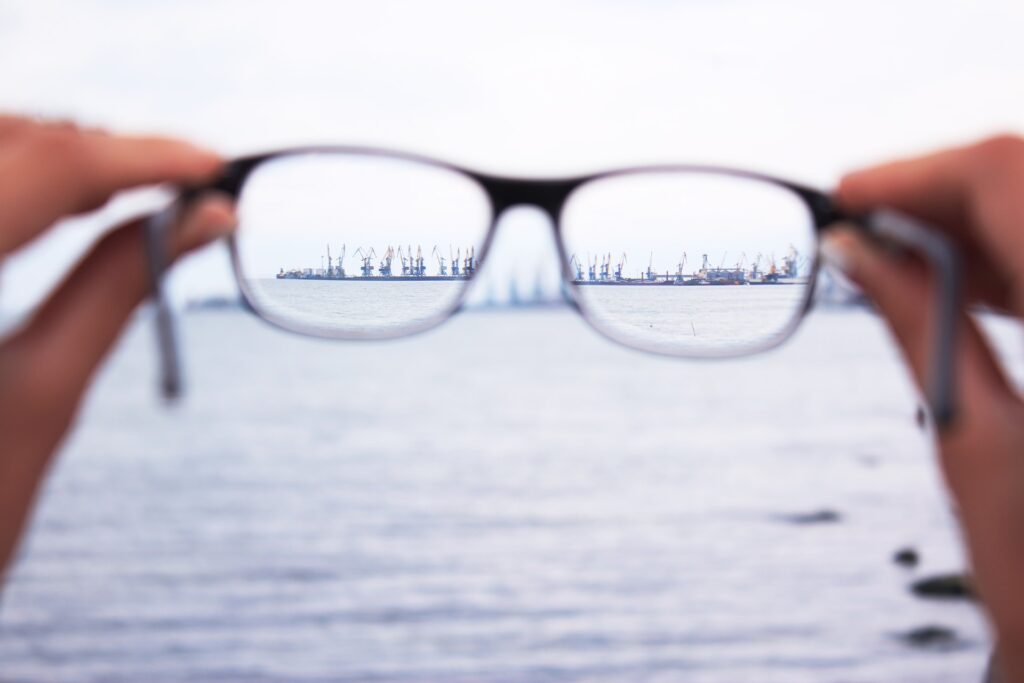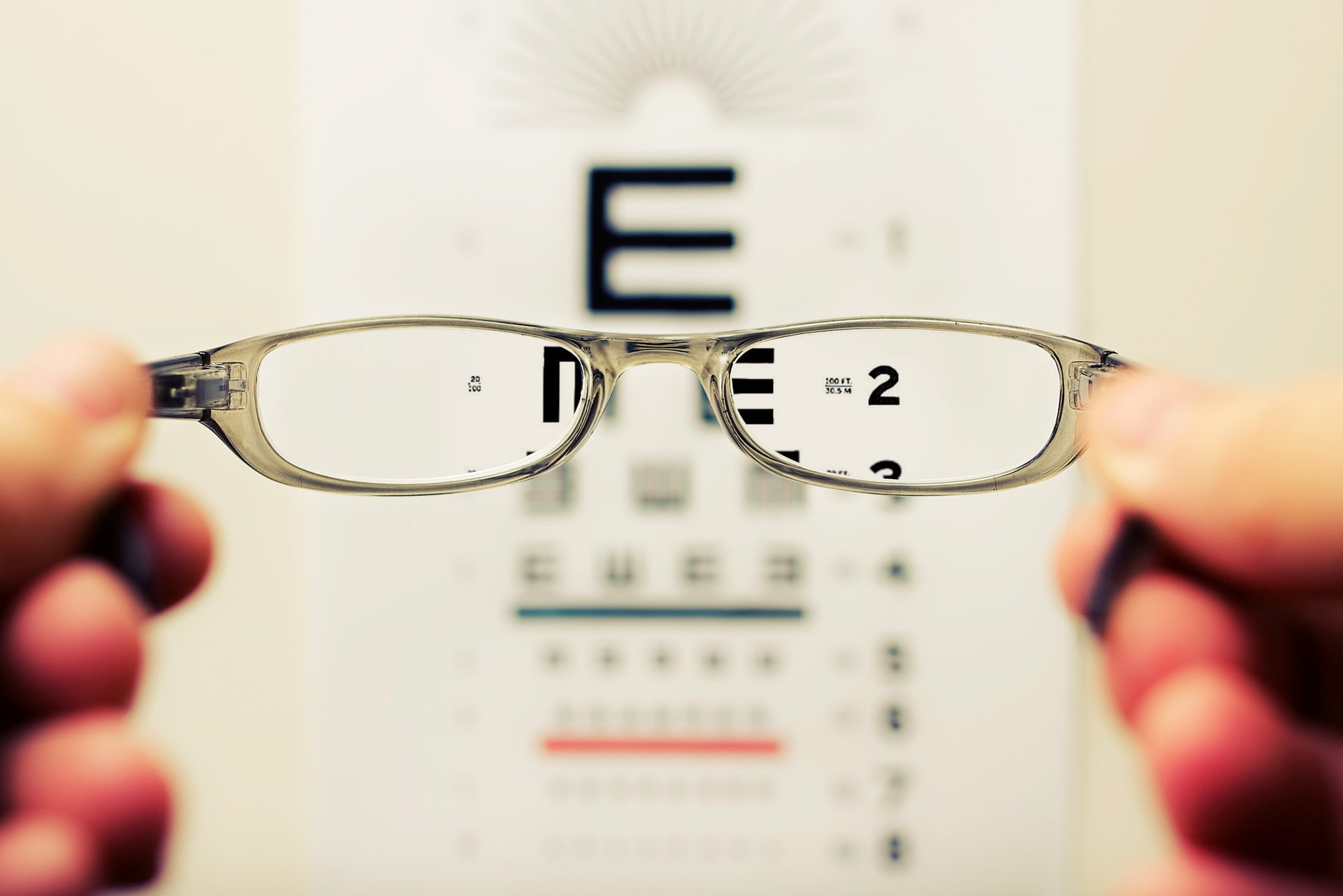4 Tips on Protecting Your Eye Health in the Long Run

It’s no secret that our eyesight starts to deteriorate as we age. In fact, by the time we reach the age of 40, most of us will have needed corrective lenses at some point in our lives. While there is no way to completely stop the aging process, there are a few things you can do to protect your eye health in the long run. In this blog post, we will discuss 4 tips for preserving your vision for years to come!
Why Should You Care About Your Eye Health?
There are a number of reasons why you should make preserving your vision a priority, even if you don’t currently have any problems with your eyesight. For one thing, our eyesight is essential for performing everyday tasks such as driving, reading, and using the computer. Furthermore, research has shown that maintaining good eye health can help to reduce the risk of developing serious health conditions such as Alzheimer’s disease, diabetes, and even heart disease.
Moreover, taking care of your eyes now can help to prevent vision problems in the future. Age-related eye diseases such as macular degeneration and cataracts are common among older adults, but they can often be prevented with early detection and treatment.
1. Wear sunglasses and blue light glasses
Ultraviolet (UV) rays from the sun can cause a number of eye problems, including cataracts, macular degeneration, and pingueculae. Wearing sunglasses that offer UV protection is one of the best ways to keep your eyes healthy in the long run.
Moreover, blue light from electronic screens can also be harmful to your eyes. If you spend a lot of time staring at screens, consider investing in a pair of blue light glasses to help reduce the strain on your eyes. These glasses can also help to improve your sleep quality by blocking out the blue light that can interfere with your body’s natural sleep cycle.
2. Make sure you’re getting enough vitamin A
Vitamin A is essential for eye health, as it helps to prevent night blindness and dry eyes. Good sources of vitamin A include carrots, sweet potatoes, dark leafy greens, and eggs. If you don’t eat many of these foods on a regular basis, you may want to consider taking a vitamin A supplement. Also, be sure to talk to your doctor before taking any supplements, as too much vitamin A can be toxic. This is especially important if you are pregnant or breastfeeding.
A good idea if you are trying to intake more vitamin A is to try and cook with foods that contain it. For example, sweet potatoes can be used in many different recipes such as pies, soups, roasted vegetables, and more. Carrots can also be added to a number of dishes or eaten raw as a healthy snack.
3. See your optician for regular eye exams

As we age, it becomes increasingly important to have our eyes checked on a regular basis. This is because many age-related eye diseases, such as glaucoma and macular degeneration, often have no symptoms in the early stages. Therefore, by the time symptoms do appear, the damage to your eyes may be irreversible. For this reason, it’s important to see an eye doctor at least once a year, or more frequently if you have a family history of eye disease.
A usual eye exam will include a vision test, as well as a check for any changes in the eye, such as growths or abnormalities. The optician may also use special instruments to look at the back of your eye and assess the health of your retina and optic nerve.
This is especially important if you are over the age of 60, as you are at a higher risk for developing age-related eye diseases.
4. Eat a healthy diet
What you eat can have a big impact on your eye health. A diet that is rich in antioxidants, omega-three fatty acids, and vitamins A, C, and E can help to protect your eyes from age-related damage. Foods that are high in these nutrients include leafy greens, fish, nuts, and berries. So be sure to include them in your diet on a regular basis!
For instance, did you know that carrots contain beta-carotene, which is converted to vitamin A in the body? This makes carrots a great food for maintaining healthy eyesight! So, next time you’re looking for a healthy snack, reach for a carrot instead of a bag of chips.
There are many things you can do to protect your eye health in the long run. Wearing sunglasses, getting enough vitamin A, and quitting smoking are just a few of them. So be sure to keep these tips in mind and take care of your eyes!




